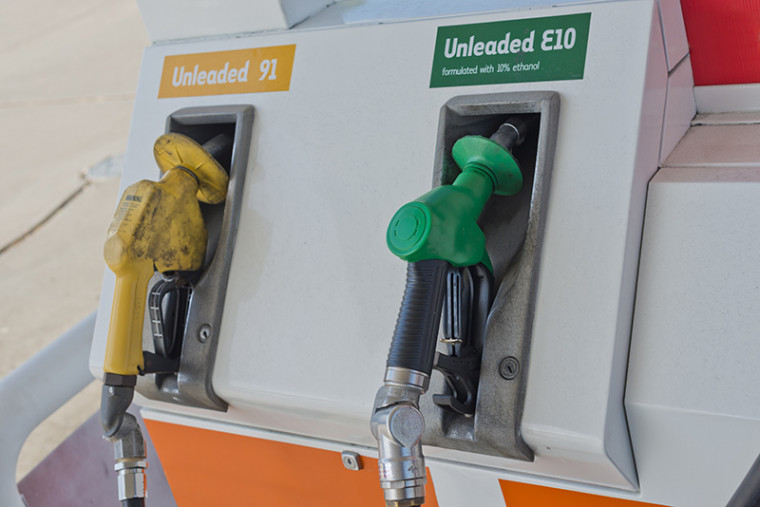
E10 to become the standard petrol grade in Great Britain
During summer 2021, the standard (95 octane) petrol grade in Great Britain will become E10. The change in fuel applies to petrol only. Diesel fuel will not be changing.
E10 petrol explained
Normal petrol is called E5, meaning it has 5% bioethanol. But from September standard petrol will be E10. It contains 10% bioethanol, which means vehicles will put out less C02, which will slow down climate change. E10 petrol is already widely used around the world, including across Europe, the US and Australia. It has also been the reference fuel against which new cars are tested for emissions and performance since 2016.
Reducing emissions
CO2 is one of the greenhouse gases that contribute to climate change and the main benefit of E10 petrol is that it reduces overall levels of CO2-based vehicle emissions. By blending petrol with up to 10% renewable ethanol, less fossil fuel is needed, helping us reduce carbon emissions and meet climate change targets.
The introduction of E10 petrol at UK forecourts could cut transport CO2 emissions by 750,000 tonnes a year – the equivalent of taking 350,000 cars off the road, or all the cars in North Yorkshire.
Renewable fuel blends, such as E10 petrol, are generally introduced to reduce overall CO2 emissions. They have little impact on emissions associated with air quality and public health.
The production of renewable ethanol for blending with fossil petrol also results in valuable by-products, including animal feed and stored CO2.
Fuel economy
Using E10 petrol can slightly reduce fuel economy (the number of miles you are able to drive on a gallon of fuel). You may see a reduction of around 1%, but it is unlikely to be noticeable in everyday driving.
Other factors – such as your driving style or driving with under-inflated tyres or a roof rack – have a much more significant impact on fuel economy than using E10 petrol.
Around 95% of petrol-powered vehicles on the road are compatible with E10 petrol and all cars built since 2011 are compatible..
Check your vehicle is compatible with E10 petrol
Information Source: Read Full Release ..–>


